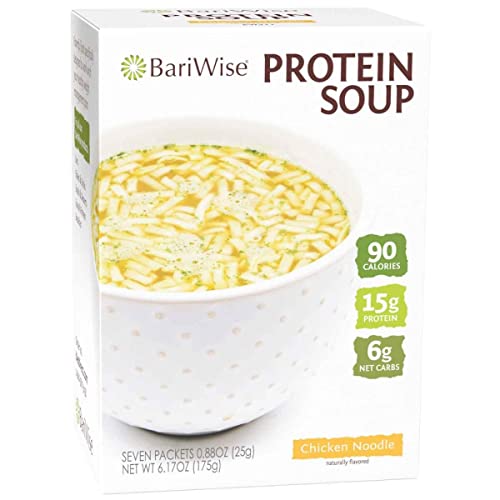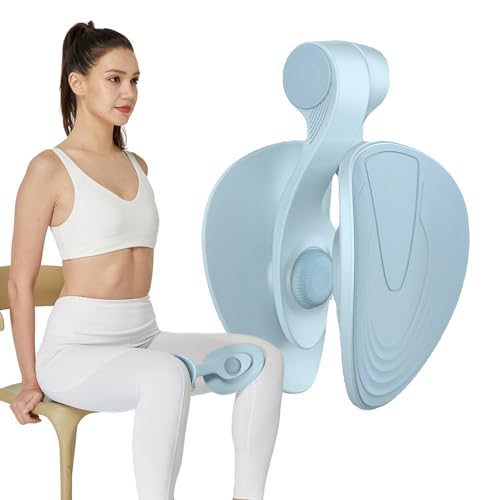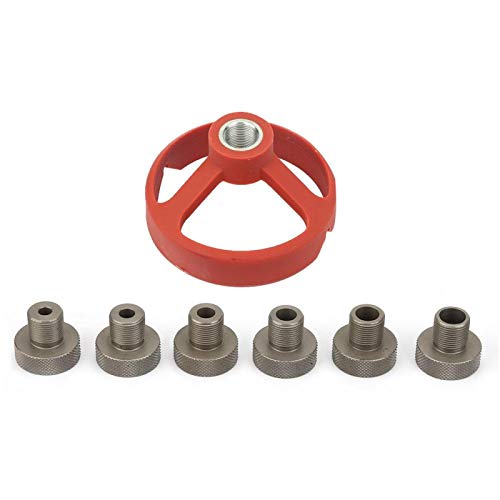What the hell is going on with him and his surgeries? 42.5% reoperation rate? That is outlandish! He's doing something wrong! And over 10% of patients "needed" reoperation for nutritional deficiencies? That number should be more like 1%, based on other surgeons' long term results. Does he not know how to treat these patients with proper supplements, timing, etc.?
Ann Surg. 2016 Dec;264(6):1029-1037.
Long-term (>10 Yrs) Outcome of the Laparoscopic Biliopancreatic Diversion With Duodenal Switch.
Bolckmans R1, Himpens J.
Author information
Abstract
OBJECTIVE:
The aim of the study was to report 10+ year outcome of laparoscopic biliopancreatic diversion with duodenal switch (LDS), with special focus on quality of life.
BACKGROUND::
Reports on long-term morbidity and quality of life after LDS are rare.
METHODS:
Records of all patients who underwent LDS 10+ years ago were analyzed. Patients were contacted to answer a questionnaire based on Bariatric Analysis and Reporting Outcome System. Blood work was reported when performed within the past year.
RESULTS:
Of the 153 patients who underwent LDS, follow-up was available for 113 patients (78.5%). Mean follow-up was 130.2 ± 4.6 months. Percentage total weight loss was 40.7 ± 10.8%. Weight loss was greatest in the super obese category (BMI > 50 kg/m). Remission rate for type 2 diabetes was 87.5% (21/24) and for arterial hypertension 80.9% (38/47). Dyslipidemia remission rates were 93.3% (28/30) for total cholesterol, 89.7% (26/29) for triglycerides, and 95.0% (19/20) for low-density lipoprotein cholesterol. However, 42.5% of the patients needed reoperation, including 10.6% for correction of protein malnutrition, the latter exclusively in non-super obese individuals. Most common deficiencies concerned vitamin A and D, iron, and zinc. De novo gastroesophageal reflux disease was reported in 43.8%. The Bariatric Analysis and Reporting Outcome System score was good at 4.9 ± 2.2, and 82.3% of participants would choose the procedure again.
CONCLUSIONS:
LDS is a very effective metabolic procedure, at the cost of occasional protein and other nutritional deficiencies. Outcome in the long term is best in super obese patients. Overall quality of life is good. The high reoperation rate and incidence of gastroesophageal reflux disease are concerning.
Ann Surg. 2016 Dec;264(6):1029-1037.
Long-term (>10 Yrs) Outcome of the Laparoscopic Biliopancreatic Diversion With Duodenal Switch.
Bolckmans R1, Himpens J.
Author information
Abstract
OBJECTIVE:
The aim of the study was to report 10+ year outcome of laparoscopic biliopancreatic diversion with duodenal switch (LDS), with special focus on quality of life.
BACKGROUND::
Reports on long-term morbidity and quality of life after LDS are rare.
METHODS:
Records of all patients who underwent LDS 10+ years ago were analyzed. Patients were contacted to answer a questionnaire based on Bariatric Analysis and Reporting Outcome System. Blood work was reported when performed within the past year.
RESULTS:
Of the 153 patients who underwent LDS, follow-up was available for 113 patients (78.5%). Mean follow-up was 130.2 ± 4.6 months. Percentage total weight loss was 40.7 ± 10.8%. Weight loss was greatest in the super obese category (BMI > 50 kg/m). Remission rate for type 2 diabetes was 87.5% (21/24) and for arterial hypertension 80.9% (38/47). Dyslipidemia remission rates were 93.3% (28/30) for total cholesterol, 89.7% (26/29) for triglycerides, and 95.0% (19/20) for low-density lipoprotein cholesterol. However, 42.5% of the patients needed reoperation, including 10.6% for correction of protein malnutrition, the latter exclusively in non-super obese individuals. Most common deficiencies concerned vitamin A and D, iron, and zinc. De novo gastroesophageal reflux disease was reported in 43.8%. The Bariatric Analysis and Reporting Outcome System score was good at 4.9 ± 2.2, and 82.3% of participants would choose the procedure again.
CONCLUSIONS:
LDS is a very effective metabolic procedure, at the cost of occasional protein and other nutritional deficiencies. Outcome in the long term is best in super obese patients. Overall quality of life is good. The high reoperation rate and incidence of gastroesophageal reflux disease are concerning.











































